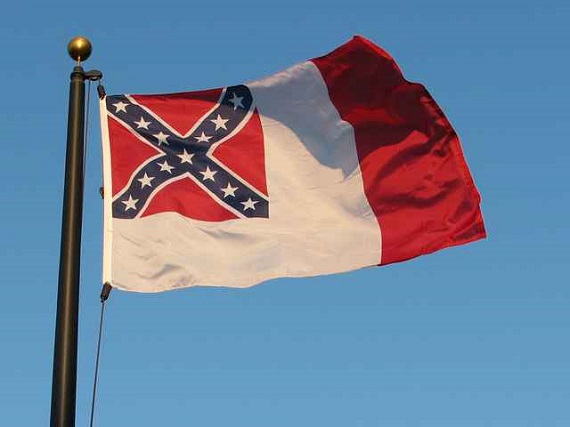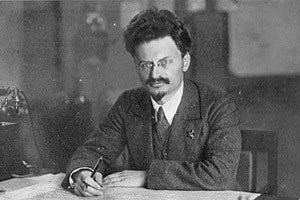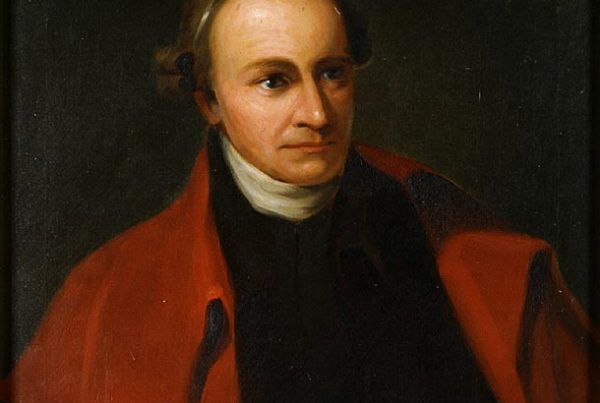The history of the Southern people, in its broad and significant dimensions, is still to be written. A lot of good history (and a lot of bad history) has been written about the South, but the over-arching theme of most of this writing has been to treat the South as a peculiarity. The North is normal, the South is to be studied as a deviation from the natural and true America, not for its own sake. It is the almost universal assumption that such deviation needs to be explained as a manifestation of defect or evil.
But the history of the Southern people is a world historical subject significant in itself, extending long before and after its zenith in the immense events of 1861—1865. It is also a suppressed truth that before the war “American” had been defined and represented primarily by the South and that the South is much older than what is now called the United States.
The best attempt at a broad and true understanding is The History of the South by Francis B. Simkins and Charles P. Roland. It is scholarly and objective and is written with the understanding that the South, if not a nation, is “the next thing to it.”
The master historian who will cast the story of the Southern people in its world historical dimension has not appeared. He or she probably never will, given the ongoing collapse of Western fact and reason into barbaric superstitions claiming to represent the story of the human race.
In 2020 the Charleston city government took down and pulverized a grand monument to John C. Calhoun, even though the statue was erected by private contributions and on private property. Supposedly because Calhoun was a white supremacist and a proponent of slavery. But everybody was a white supremacist then as well as long before and after and millions felt that African American slavery was the best solution at that time, although not necessarily a permanent solution, for a difficult situation for which there was no ready remedy.
What an ignorant and malicious view of history that ignores that Calhoun was a figure of international standing and by far the most important person ever produced by South Carolina. Not to mention ignorance of the fact that Charleston receives the attention of the world precisely because it represents a former and most interesting regime.
We might also mention the removal the statue of Stonewall Jackson, a world class historical figure, from Virginia Military Institute with which he was the most famous person ever associated.
History, properly understood, is not some rigourous scheme of reductive classifications like “class” or oppressors and victims. History is the story of our humankind. Since humankind has many different experiences, history is many stories and all true history is somebody’s story. We cannot recreate the past but we can to some extent, with an open mind, come to know it, like visiting a foreign country.
Among all histories, that of the Southern people is noble and admirable.







The South is the United States. All the rest is uncivilized.
Amen!
A possible companion article to this and because you referenced the removal of Jackson from VMI:
https://thebottomline.as.ucsb.edu/2017/08/removing-statues-removes-history
Again Dr. Wilson, in a short commentary, you cover a vast complex subject with insight and reverence. Your words are important in our current culture of a superficial, altered and ignorant study of our past.
Thank you.
Here, here!
i wonder with white rascism…the northern whites felt superior to the southern whites of the age? jefferson was the first negro president according to a boston paper?
In his book The South to Posterity (1939), Douglas Southall Freeeman maintained that many works of Southern historical literature from and about the war would always stand as solid evidence that the South had “fought its fight gallantly, and, so far as war ever permits, with fairness and decency; that it endured its hardships with fortitude; that it wrought its hard recovery through uncomplaining toil, and that it gave to the nation the inspiration of personalities, humble and exalted, who met a supreme test and did not falter.” He made the case that through them, “Character is confirmed.”
Douglas Southall Freeman certainly knew about character when he chose to write about our greatest Southern leaders, Washington and Lee.